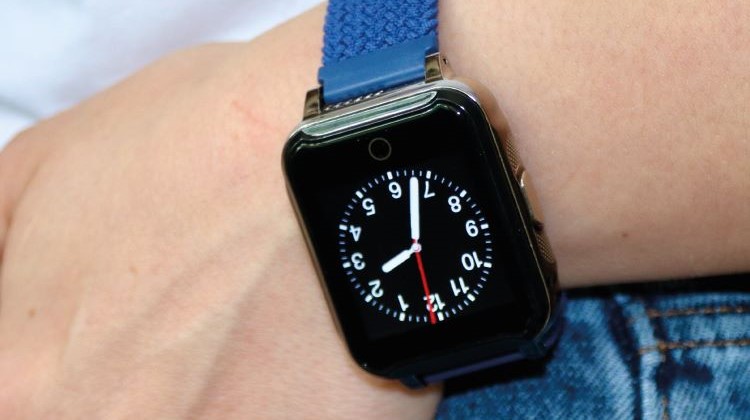How does alcohol affect epilepsy?
1. Risk of increased seizures
Alcohol affects the brain by changing electrical activity, which can increase the risk of seizures in people with epilepsy. This applies especially if alcohol consumption is high or occurs over a longer period.
2. Alcohol withdrawal
After an evening of heavy drinking, withdrawal symptoms can occur, usually within 6-48 hours. These symptoms, which include anxiety, tremors and sleep problems, can increase the risk of epileptic seizures – even in people who normally have their epilepsy well controlled.
3. Interaction with drugs
Many people with epilepsy are treated with antiepileptic drugs (AEDs). Alcohol can affect how these medicines work by reducing their effectiveness or increasing the risk of side effects such as tiredness and confusion.
Can people with epilepsy drink alcohol?
There is no blanket ban on alcohol for people with epilepsy, but caution is important. Here are some guidelines to consider:
- Drink in moderation: Small amounts of alcohol often do not greatly affect epilepsy, but it is important to avoid excessive consumption.
- Know your limits: Alcohol affects people differently. Listen to your body and note if alcohol seems to trigger seizures.
- Talk to your doctor: Your doctor can give advice based on your specific situation, especially if you are taking medication to control your epilepsy.
Tips for safer alcohol consumption
If you have epilepsy and choose to drink alcohol, follow these tips to reduce your risk:
- Stick to small amounts: Avoid large amounts of alcohol at once.
- Eat before drinking: Food can help stabilize blood sugar levels and reduce the effects of alcohol.
- Avoid alcohol when sleep deprived: Alcohol and fatigue are a dangerous combination for people with epilepsy.
- Don’t skip your medication: Continue to take your medications as prescribed, even if you’ve been drinking alcohol.
Personal alarm that can be triggered at any time
Sensorem’s personal alarm can automatically be triggered in the event of a fall and then automatically call relatives using the watch’s built-in speakerphone with two-way communication. The user can also trigger the alarm manually by pressing the physical alarm button. The personal alarm works outdoors and has built-in GPS positioning so that relatives can see the user’s position on a map in the Sensorem app.
READ ABOUT HOW SENSOREM’S PERSONAL ALARM CAN INCREASE SAFETY FOR SOMEONE SUFFERING FROM EPILEPSY

